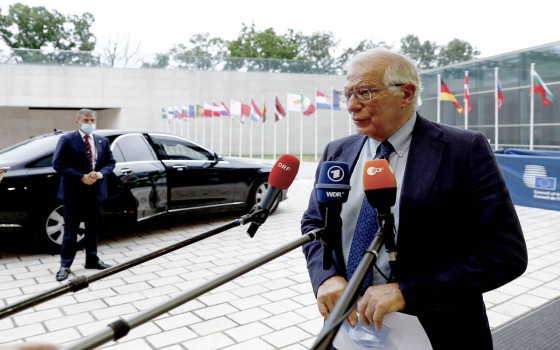
European Union Foreign and Security Policy Coordinator: Europe is in danger and needs a defense industry

- Europe and Arabs
- Wednesday , 6 March 2024 15:8 PM GMT
Brussels: Europe and the Arabs
“Two years ago, when we presented the Strategic Compass, I said, ‘Europe is in danger.’ I’m sorry, you were right,” Josep Borrell, foreign and security policy coordinator, said in a press conference yesterday to present the Defense Industries Strategy. “Europe was in danger, and it is still in greater danger.” Peace is no longer taken for granted. The war is on our borders. Russia's war of aggression has brought a great sense of urgency to strengthen our industrial defense capabilities. At first, the war was fueled by stocks. Now, we go to the war of industrial production. And because the war lasted two years, there is no It seems that it will soon end, and the needs for military equipment are increasing, depleting stocks and increasing the capacity of our industrial production.
Certainly, the European Union has responded in an unprecedented way. This war has changed the way we view our defense capabilities.
The European Union is not a military alliance, but the treaties express [the will] to build a common security and defense policy. Part of this common security and defense policy is having a good and effective industrial foundation.
We have done a lot through the European Peace Facility to provide what we have. Now we must move from emergency mode – urgency – to a medium- and long-term vision that strengthens our defense industrial readiness to continue providing military support to Ukraine.
It is no longer a question of looking at inventories, but rather the ability to produce a continuous flow of production.
Regarding ammunition, for example, the industry responded quickly to the emergency. The European defense industry has increased its industrial capacity by 50% since the beginning of the war. I would like to thank the Commissioner [of the Internal Market], Thierry Breton, for pushing this industry. The industry responded: The increase in production capacity by 50% since the beginning of the war is a noticeable increase.
Today, what we lack is not production capacity, but financing. In the short term, we have production capacity, but we need financing. But looking a little further into the future, we need more production capacity.
We have increased it by 50%, and it still needs to be increased further and faster – but funding is key. We don't have a Pentagon in Europe. We do not have an institution with strong purchasing power that leads the market and leads the industry. But we must cooperate and coordinate the way Member States interact in order to provide the industry with financing and the ability to meet growing demand.
We must do more, not just with regard to ammunition. In the medium term, we need to increase the strength and resilience of the European defense industry – as Margaret said and Commissioner Breton will explain in more detail.
We need a defense industrial policy, because the defense industry is unique. Don't go to the supermarket to buy defensive products. There is one buyer – governments. There are a variety of producers but 90% of defense industrial capacity is concentrated in a few member states.
Before the war, our defense industry provided about 40% of the defense needs of our armies, and exported about half of its production. So our industry is competitive, as half of its production goes to export. But since the beginning of the war, our need to buy from abroad has increased. But we have to keep in mind that governments are the buyer – they set priorities based on operational needs. Working with member states is crucial because they are the masters of their militaries.
This strategy attempts to match supply and demand, through measures to invest more and better together and in Europe. We must overcome fragmentation through cooperation.
Our demand is fragmented – obviously because of our different national militaries. As I said, we don't have an organization that focuses the ability to demand and lead the industry.
We are divided into 27 member states, and 27 different armies. So, this should increase our cooperation.
Let us keep one number in mind: in 2022, the defense investment of our Member States amounted to €58 billion – divided between 27 “demand centres” (Member States). In the United States, one entity - the Pentagon - was asking the market for $215 billion, nearly four times that amount.
As I said, since the beginning of the war, we have had to demand more imports because our industry has been in increasing demand.
Our cooperation is still very low. Only 18% [in 2022] of our procurement was done collaboratively. The target is 35%
This degree of cooperation is closely followed by the European defense industry, and it has not improved in recent years. This strategy will attempt to stimulate joint procurement of defense capabilities and projects of common European interest.
Fragmentation must be addressed collaboratively. Fragmentation is the logical consequence of the fact that we are not one country, but it must be overcome through cooperation if we are to spend not more, but better. I will push for Permanent Structured Cooperation (PESCO) to work in this direction.
You also mentioned our cooperation with NATO – absolutely. And also with regard to financial capacity, this is also related to discussions about frozen Russian assets. If we agree that these assets can be used to support the reconstruction of Ukraine, they can also be used to avoid the destruction of Ukraine. It means increasing the military capabilities or defense technological base of Ukraine.
But to achieve this, we still need the approval of member states. We need a unanimous agreement on the basis of a common foreign and security policy proposal that can be put forward. But for the time being, we continue to work with Member States to reach an agreement on that.
It certainly has advantages, and also some inconveniences. But the basic idea is that if we can use this money to support Ukraine in the reconstruction process, we should also be able to use it to avoid destroying Ukraine by increasing Its defensive capabilities


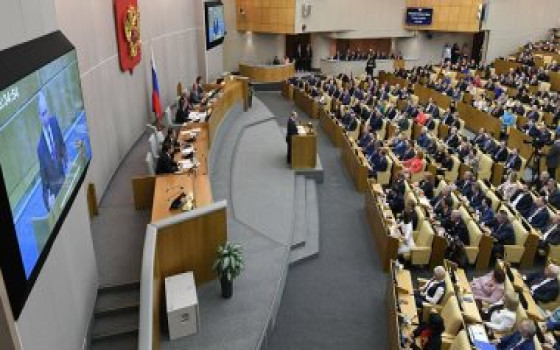
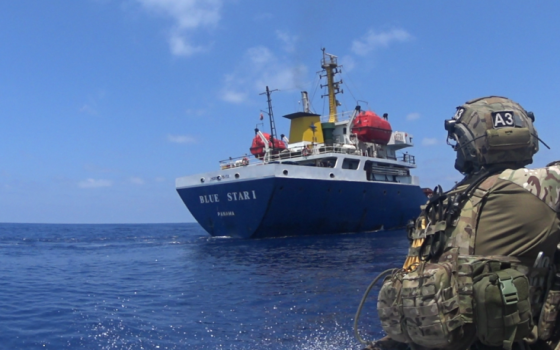
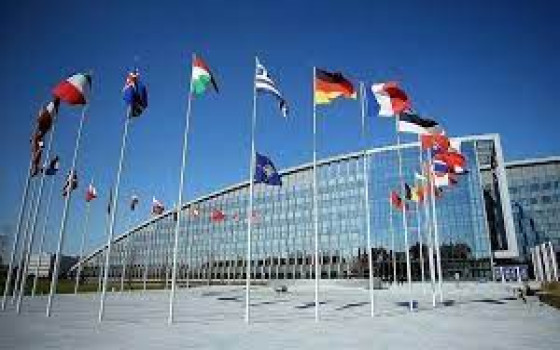
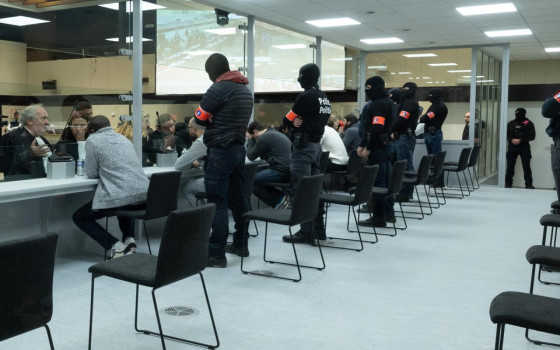
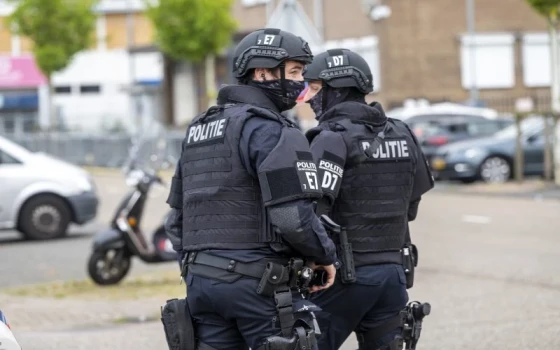
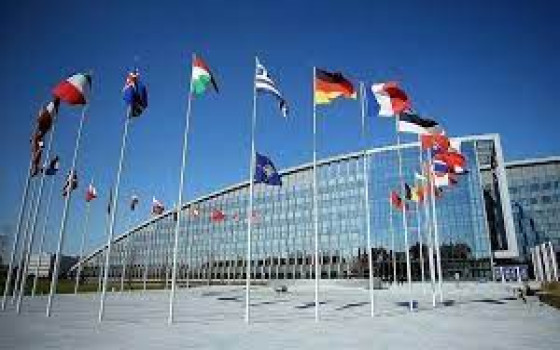
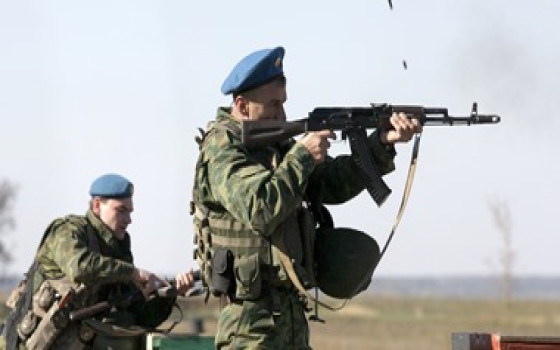
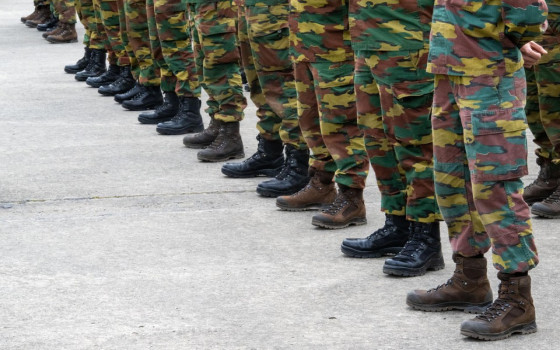

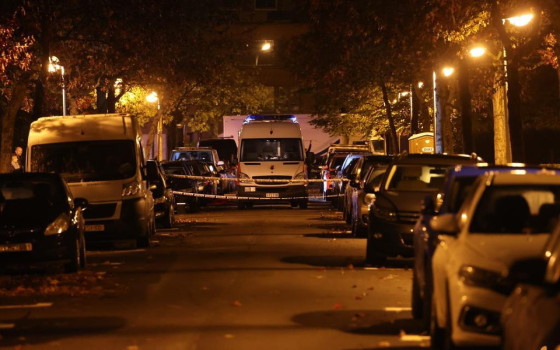
No Comments Found